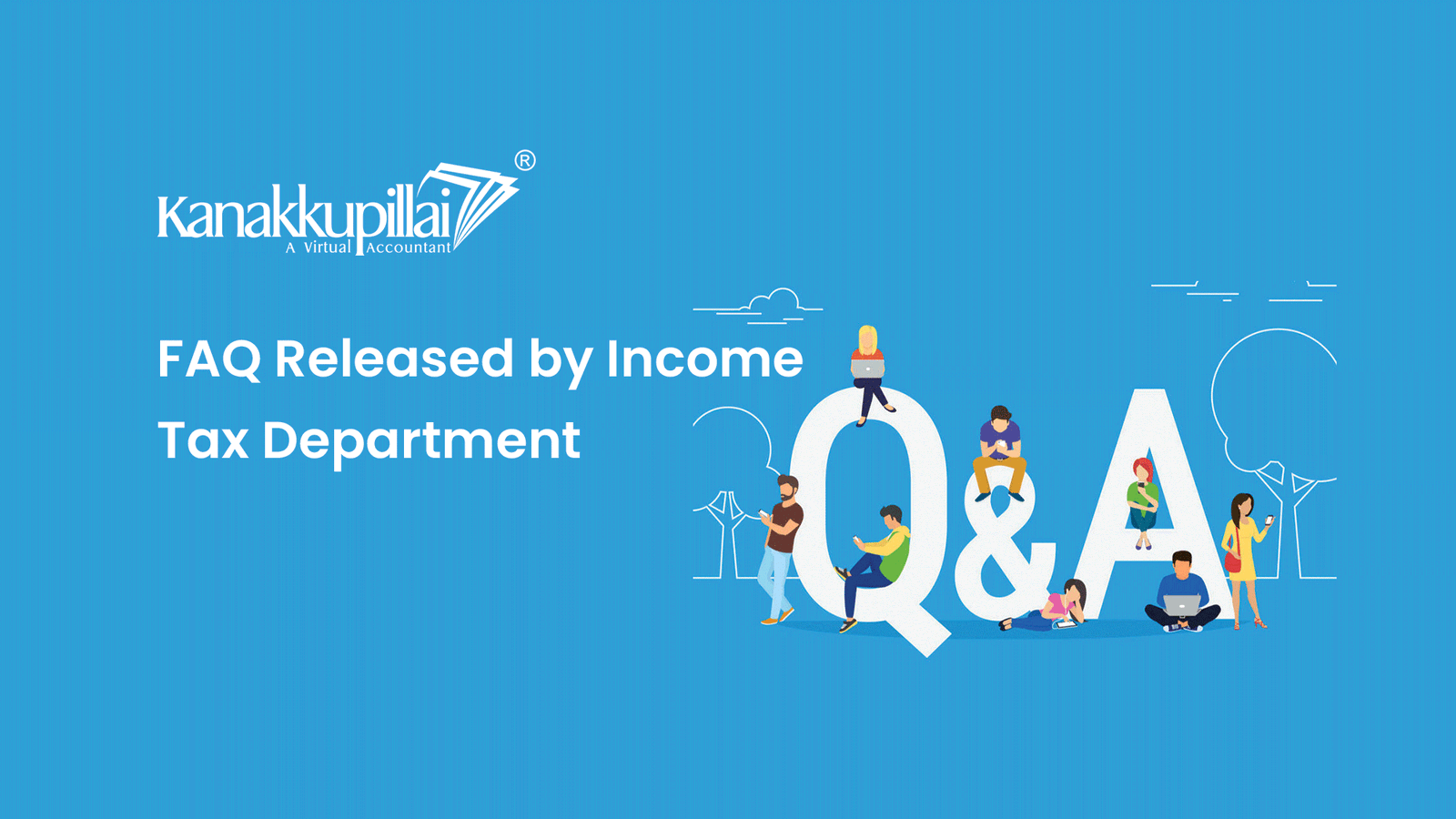Income Tax Return (ITR) filing may be time-consuming, but the advantages greatly exceed the short-term difficulty. Depending on whatever category one falls under, submitting an ITR may be required for some and optional for others, but filing one is always necessary.
ITRs are tax return forms that taxpayers use to inform the Indian Income Tax Department of their income and assets (Indian Revenue Authorities). It contains data about both the personal and financial data of the taxpayers. ITR is a type of self-declaration by the taxpayer of their assets, income, and taxes (if any) paid. Senior folks can file it manually, even if it is often filed electronically. Everyone subject to particular exemption limitations, whether actual or made up, corporations or not, must file an ITR. According to the legislation, a taxpayer may be a person, an artificial judicial person, a body of individuals, a Hindu undivided family, an association of persons, a firm, a trust, a company, or a society.
Since ITR forms are attachment-free, taxpayers must not include any supporting documentation with their electronically or manually submitted income tax returns, including investment documentation, tax deducted at source (TDS) certifications, etc. However, saving these records and presenting them to the tax authorities as necessary is advised, particularly in circumstances like assessments, inquiries, etc. The procedure is complete when the taxpayer’s ITR is electronically confirmed by an OTP obtained using their Aadhaar-registered cellphone number or through online banking.
ITR filing on time and will provide you with some of the below-discussed advantages
- Unabsorbed losses are carried over to the next years, which means that losses from the current year can be carried over to the following fiscal year by filing an ITR by the deadlines specified.
- Helps in avoiding Section 234F fines and late filing costs.On ITR filings that are submitted after the designated deadlines, late fines of up to INR 10,000 may be assessed. It is in addition to any other penalties the Act may impose.
- Avoid incurring interest costs. To submit an ITR, all applicable taxes must be paid in full. By Section 234A of the Act, filing an ITR beyond the deadline results in an extra 1% interest charge on the outstanding tax for each full or partial month the filing is late. Paying taxes on time and submitting your ITR before the deadline is advisable.
- Access to loans and credit services without hassle. Regular ITR filing is proof of consistent income and a sign that someone has been paying taxes on time every month. To approve loans and other credit lines, including overdrafts, credit cards, cash credits, and bill discounting facilities, financial institutions consult ITR files from prior years. Additionally, it is essential to determine a taxpayer’s credit history through the Credit Information Bureau (India) Limited (CIBIL) score.
- ITR is a reliable source of income documentation and is frequently considered by several host nations when processing visas. It guarantees that acquiring visas is simple, even though it is not required.
- Requesting a tax refund. Refunds of income taxes are typical, and millions of individuals apply for them each year. Taxpayers who overpay their tax obligations are entitled to a rebate. For people whose income falls below the exemption threshold, the interest on term deposits or dividend income may be excluded. Regardless of the exemptions, there is a chance that taxes will be withheld. You can file an ITR to request a refund of taxes withheld from your income.
Let’s now discuss the topic in detail:
According to news agency PTI, the Income Tax Department has released a list of FAQs (Frequently Asked Questions) on the top 10 questions ITR filers have. The ITR filing date of July 31 is quickly approaching. Although many taxpayers and people have urged the government to extend the deadline, it is anticipated that there won’t be any extensions this year, unlike the previous two.
Look at the top 10 explanations requested by taxpayers when filing ITRs.
- According to the government, taxpayers whose mobile numbers are not connected to Aadhar cards can reset the income tax e-filing portal password by entering into Internet banking or using a valid digital signature certificate.
- Additionally, the IT department advised him to review his records and provide information in the IT return.
- The department must wait 3–4 days for information from several banks. Typically, the tax return data is updated.
- Taxpayers may also choose to wait the necessary amount of time for the ITR to automatically reflect information about their tax payments.
- After selecting the “Add Data” link for advance tax and self-assessment tax payment details under the schedule “Taxes Paid,” taxpayers can manually insert any extra details they have already filled out over and above the pre-populated information.
- The user can change their password without using their e-filing OTP using a valid Digital Signature Certificate (DSC) or logging into their e-filing account directly through online banking.
- According to the IT department, the DSC has to be connected to the taxpayer’s PAN card, and the user can reset their password even if their certificate is not registered on the portal.
- The department explained that in the case of a discrepancy between income as displayed in AIS and 26AS, the income represented in AIS and 26AS is based on information obtained from various sources and tax compliance made by various stakeholders. The taxpayer is given access to these for orientation/reference only.
- Yeeshu Sehgal, Global Head of Tax Markets at AKM, claimed that the Income-Tax department’s FAQs promptly answer all taxpayers’ questions.
- The IT Act states that different I-T returns have different due dates depending on the types of taxpayers. It states that corporations can file their taxes by October 31 of the assessment year, but paid persons must file their returns by July 31.





